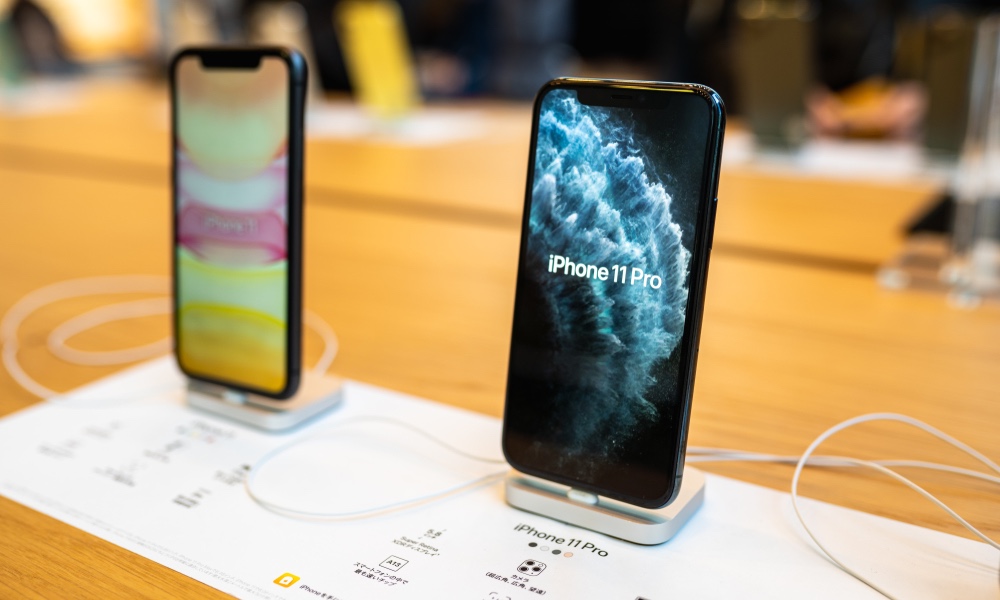Apple Devices Truly Are Luxury Goods, Here’s Why
 Ononymous Phtographer / Shutterstock
Ononymous Phtographer / Shutterstock
Toggle Dark Mode
For those paying attention to Apple’s presence in the market, its value has ballooned to over $1.4 trillion as of 2020. Some analysts believe Apple’s stock is overvalued, but not everyone. Amit Daryanani, an analyst at Evercore, believes Apple’s stock sells for less than it should because it’s miscategorized as a technology company rather than a consumer-goods or luxury-goods company.
Apple maintains a massive share of the smartphone market, currently number one in the world. But is it fair to call Apple a “luxury goods” company? A luxury label comes with a lot of baggage, affiliated with things like Gucci or Ferrari. But in the eyes of investors, this term means something different than how we, the consumer, might view the subject.
Some investment websites define luxury to mean “companies that are engaged in the manufacture, distribution, and marketing of consumer discretionary goods and/or services.” That includes companies like Carnival (the cruise line), Nike, Harley-Davidson, and Williams Sonoma. While these companies hardly create the same products, they all hold the same values; strong brand identity, product quality, and product longevity. Apple certainly fits all of these particular criteria.
Branding
Owning an Apple product has often been seen as an expression of higher income. A study in 2018 reflected that a majority of individuals identify the actual ownership of Apple products with wealth. In the minds of the respondents, Apple ownership demonstrates an excess of disposable income or the ability to invest in better products. It is also supposedly able to help people get dates.
And Apple’s somewhat extravagant identity has only been further cemented since the release of AirPods and AirPods Pro, which were status symbols when they initially launched to consumers.
Quality
Apple’s products emit a level of quality that at least appears to offer fans and supporters something more than they’d get with competing products. Apple’s quality becomes obvious through elements like the iOS and materials like glass and steel. But is it worth it?
Some may refer generally to Apple’s perceived quality as the Apple Tax, meaning users pay more for a product simply because of the Apple logo. But for fans, the actual quality is obvious. While some may not like the price, others may argue that “you get what you pay for.”
Longevity
Market studies show that Apple’s iPhones typically last four or more years, according to the research of certain tech analysts. And Apple is trying to make them last even longer through software updates and decreasing strain on the devices themselves. While that might seem surprising in light of the disposable nature of AirPods, it fits with their digital services strategy, ensuring that iPhone users will be able to access iCloud, Apple Music and Apple TV+ for a long, long time.
So yes. Apple’s products are luxury devices. Brand, quality, and longevity all play essential parts in defining the company’s “luxury” status in our minds. And for many, that may make the Apple Tax worth the price of admission.






